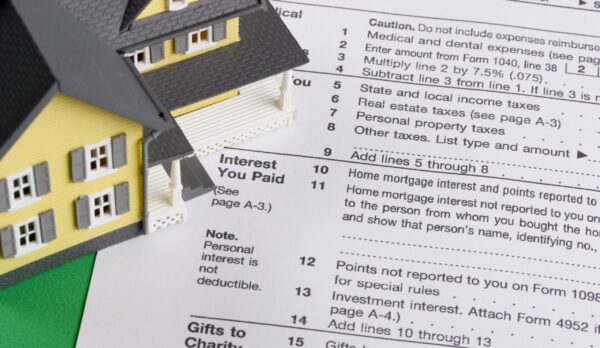As a homebuyer, your mortgage is specific to your situation and lifestyle. There are many different factors to consider when thinking about which home loan option is best for you. While one buyer may be comfortable paying a 20% down payment, another buyer may need down payment assistance. How long you plan on living in your home can also play a role in which type of home loan to choose. We will give a brief overview below of some options, but it is best to reach out to one of our loan officers for the full breakdown.
One loan option to consider is a fixed-rate mortgage. A fixed-rate mortgage has an interest rate that stays the same for the entire life of your loan. This offers a predictable monthly payment for a term of 10-30 years. This type of loan is best suited for a buyer who intends to stay in their home for a long period of time. Highlights of a fixed-rate mortgage are
- Interest rate security
- Monthly payment stability
Another option to consider is an adjustable-rate mortgage (ARM). An ARM is a mortgage in which the interest rate is adjusted periodically based on an index. An ARM is a good option for buyers who are planning to move into a different house within the next few years. Depending on the type of ARM, the interest rate and monthly payment will fluctuate every adjustment period. An adjustment period is a period between each rate change, such as 5/1 – meaning the first-rate reset takes place after five years and continues to reset each year for the life of the loan. Highlights of an adjustable-rate mortgage are:
- Low starting interest rate
- Lower monthly payments during the initial term
Buyers who need assistance with up-front fees may consider Down Payment Assistance (DPA) Loans. State Housing Finance Agencies offer state-specific programs to residents who need help purchasing a home. These programs can be in the form of a loan or grant and assist with closing costs, down payment, and even student debt relief. Highlights of DPA loans are:
- A lower amount of money is required up-front
- State-specific programs to assist most buyers
First Home Mortgage offers a variety of loans that can meet your needs. While reading about different loan types online is a great way to get started, to know exactly what option is best for you, it is wise to talk to a mortgage professional. Get in touch with a First Home Loan Officer near you to fully outline your situation and goals and tailor a plan.









